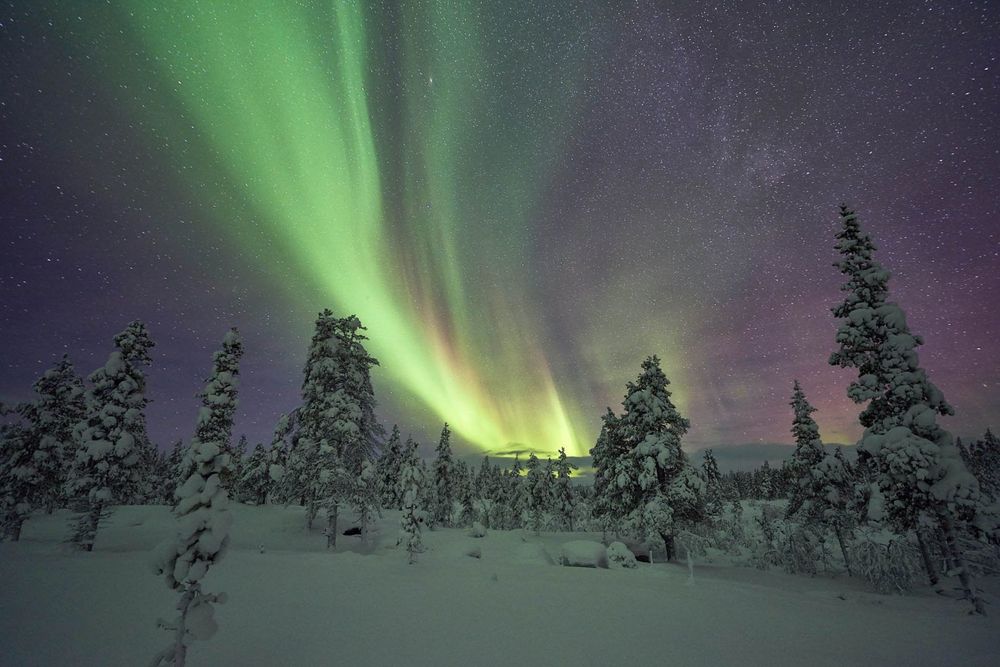Sweden in February offers a pristine winter wonderland, where snow-draped landscapes and the Northern Lights create a stunning backdrop for adventure. The cold temperatures and dry weather make it ideal for winter sports, while fewer tourists allow for a more intimate experience.
This comprehensive guide will show you all you need to plan an amazing trip and witness Sweden’s rich heritage in February!
Is February a Good Time to Visit Sweden?
Sweden in February is a prime time for winter enthusiasts, offering a perfect blend of natural phenomena, winter activities, and cultural experiences.
-
Winter Wonderland Setting
February transforms Sweden into a pristine snow-covered landscape where the unique Nordic light completes magical “blue hour” moments perfect for winter photography.
-
Northern Lights Viewing
Swedish Lapland, particularly Abisko National Park, offers optimal Aurora viewing conditions with its clear winter skies and minimal light pollution, making February prime time for Northern Lights spotting.
-
Winter Sports and Activities
The reliable snow and cold temperatures create perfect conditions for winter sports at resorts like Åre and Sälen, while activities like dog sledding and ice skating on natural lakes reach their peak.
-
Cultural Festivities
The month features the historic Jokkmokk Winter Market, celebrating Sami traditions, alongside Scandinavia’s largest cinema event, the Gothenburg Film Festival, providing rich cultural experiences.
Weather in February
February is a deep winter in Sweden, characterized by –
|
Weather Element |
Details |
|
Temperature Range |
-3°C to -14°C (27°F to 7°F) |
|
Humidity |
70-85% |
|
Daylight |
7-9 hours daily |
|
Snowfall |
20-30cm average |
|
Northern Lights visibility |
Excellent |
The days are noticeably longer compared to December and January, providing more daylight hours for outdoor activities. While temperatures are cold, the air is crisp and dry, making it comfortable when properly dressed.
Cultural Experiences & Winter Activities in Sweden in February
Sweden in February offers a unique blend of cultural experiences and winter activities that make the cold weather worthwhile. Visitors can enjoy vibrant winter festivals and indulge in gastronomic delights while exploring the snowy landscapes.
Engaging in traditional activities such as cold water bathing combined with sauna experiences adds a unique twist to the winter adventure.
Winter Activities
Dog Sledding in Kiruna
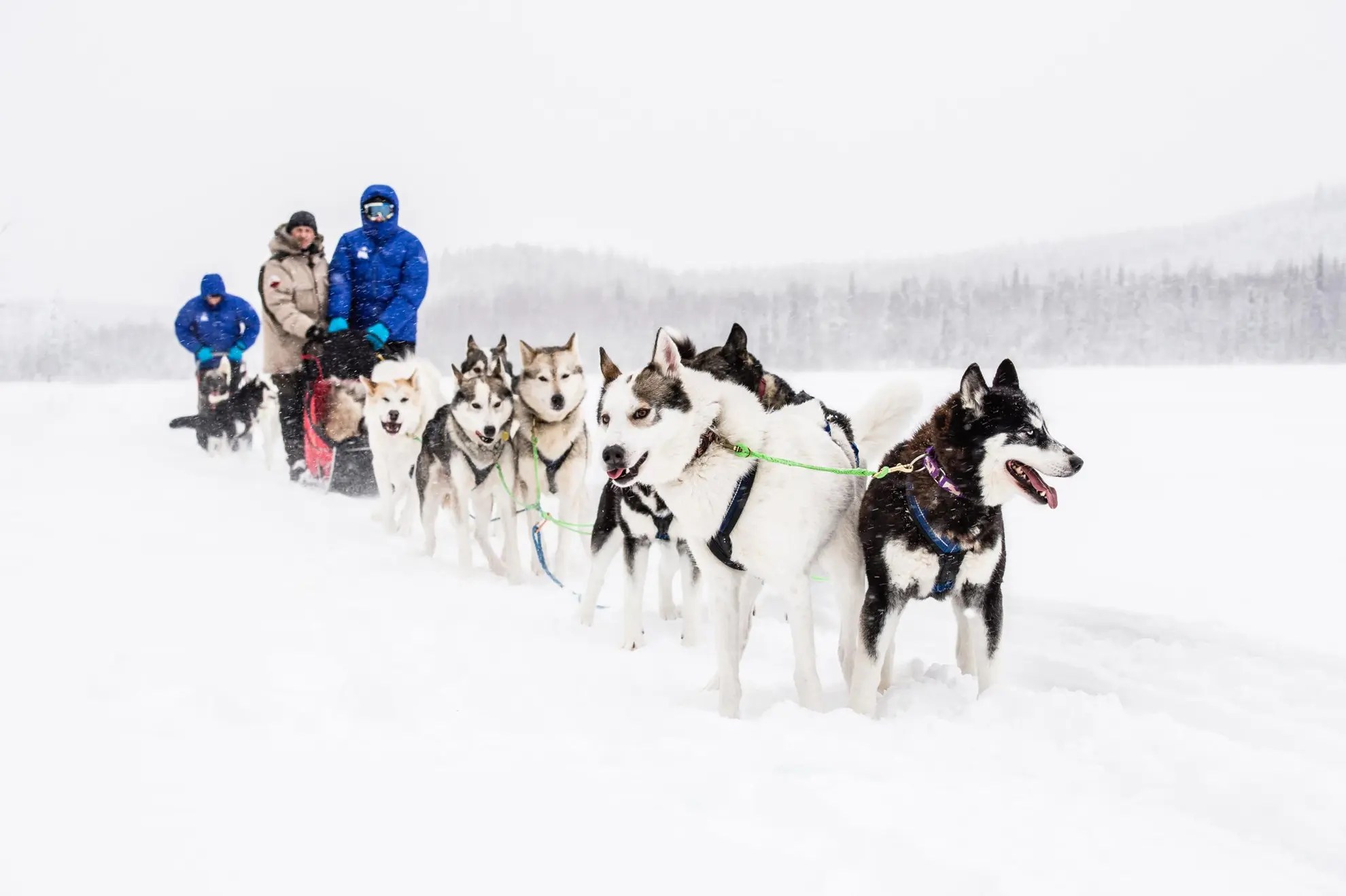
Experience the thrill of dog sledding in Kiruna, where you can glide through breathtaking Arctic landscapes alongside friendly sled dogs. This adventure immerses you in the stunning beauty and rich traditions of Swedish Lapland.
- Pro Tip: Dress in warm layers and wear insulated boots to stay comfortable in the cold, and bring a camera to capture unforgettable moments!
- Operators: Lapland Sleddog Adventures, Kiruna Dog Sledding
Ice Skating on Frozen Lakes in Stockholm
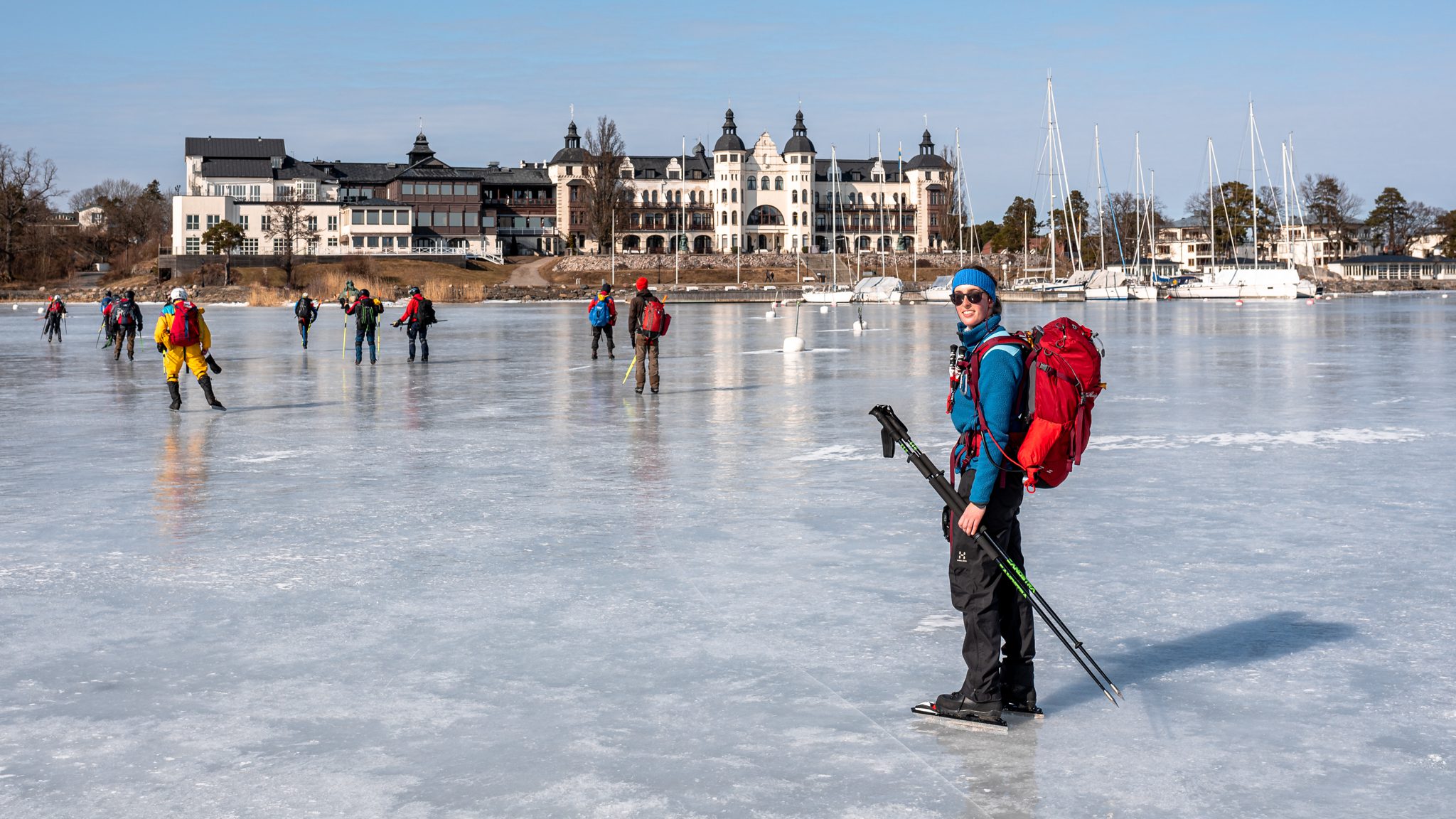
Ice skating on the frozen lakes of Stockholm offers a unique winter experience, combining breathtaking natural beauty with the thrill of gliding across pristine ice. This activity is accessible for all skill levels, making it a perfect way to enjoy Sweden’s winter landscape from mid-December to March.
- Pro Tip: Always check the ice conditions before heading out; local guides often provide updates on safety and ice thickness to ensure a safe skating experience.
- Locations: Djurgården, Tjoget
Cross-Country Skiing in National Parks
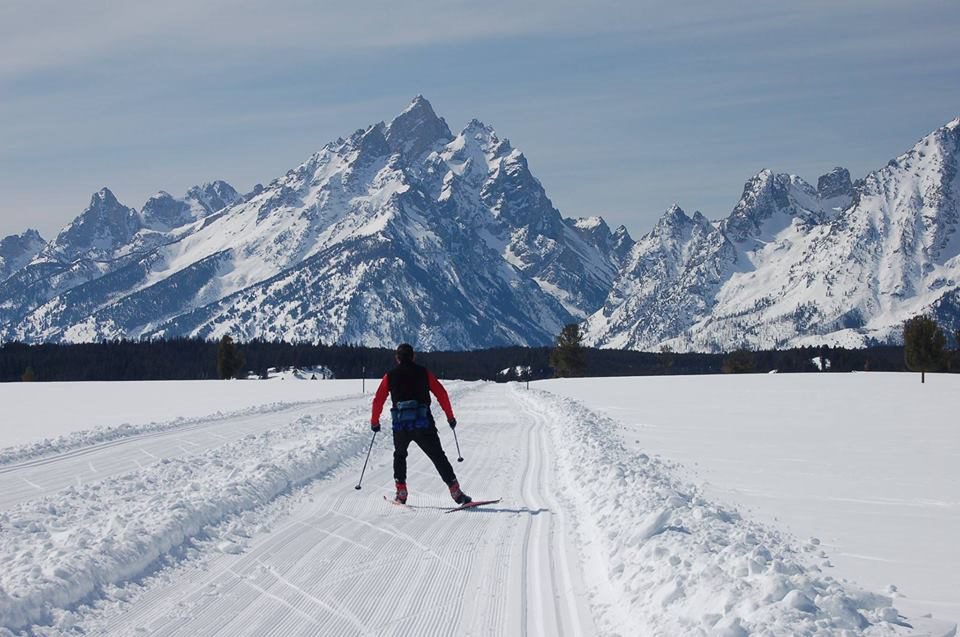
Cross-country skiing in national parks lets you explore stunning winter landscapes while enjoying a peaceful outdoor adventure. With trails for all skill levels, it’s perfect for both beginners and seasoned skiers.
- Pro Tip: Always check trail conditions and weather forecasts before you go, and carry a survival kit for safety.
- Best Parks: Abisko National Park, Sarek National Park
Ice Fishing in Lapland
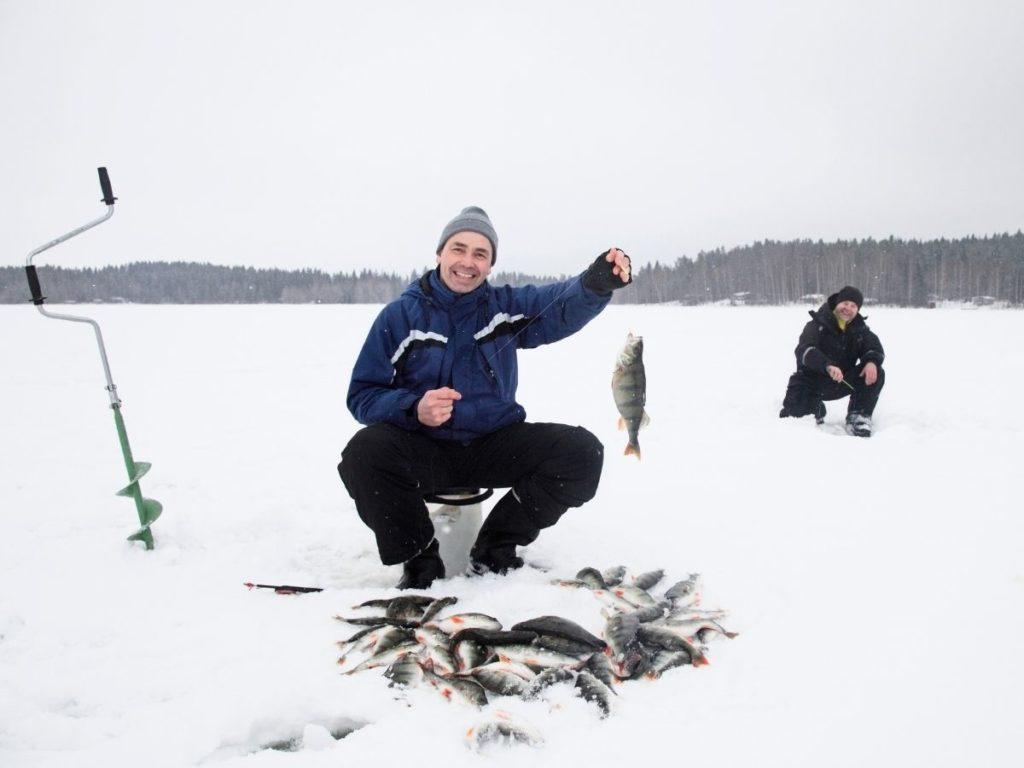
Ice fishing in Lapland offers a unique blend of tranquility and adventure, allowing enthusiasts to catch fish amidst stunning winter landscapes. This captivating experience is best enjoyed from November to April, when the frozen lakes provide ideal conditions for anglers seeking both solitude and the thrill of reeling in their catch.
- Pro Tip: Ensure the ice is at least 5 cm thick for safety, and aim for March or April for the best conditions.
- Top Spots: Lake Inari, various smaller lakes
Snowmobiling Through Forests
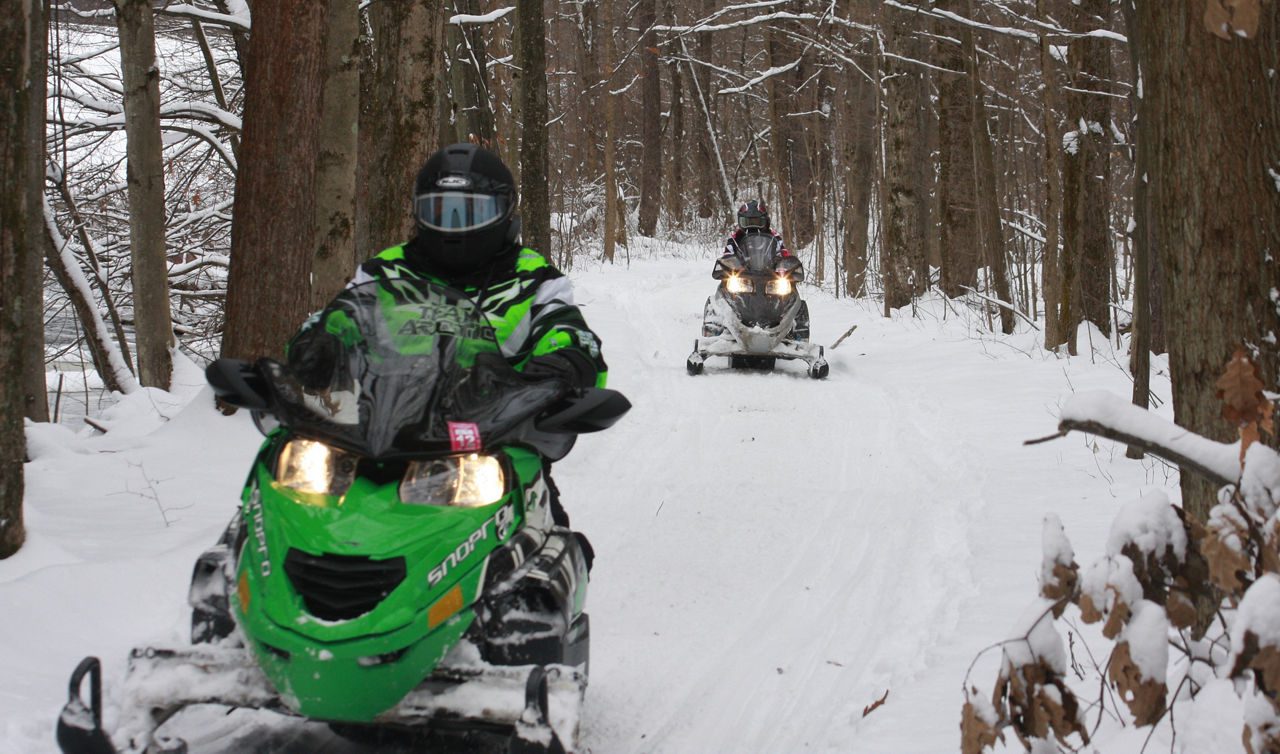
Snowmobiling through Sweden’s forests offers an exhilarating way to experience the breathtaking winter landscapes and diverse wildlife of the region. As you glide across pristine snow, you’ll immerse yourself in the serene beauty of nature, making it a memorable adventure for both thrill-seekers and nature enthusiasts alike.
- Pro Tip: Stick to marked trails for safety and to protect the environment.
- Regions: Kiruna, Lapland
Cultural Experiences
- Traditional Swedish fika (coffee break) in historic cafes
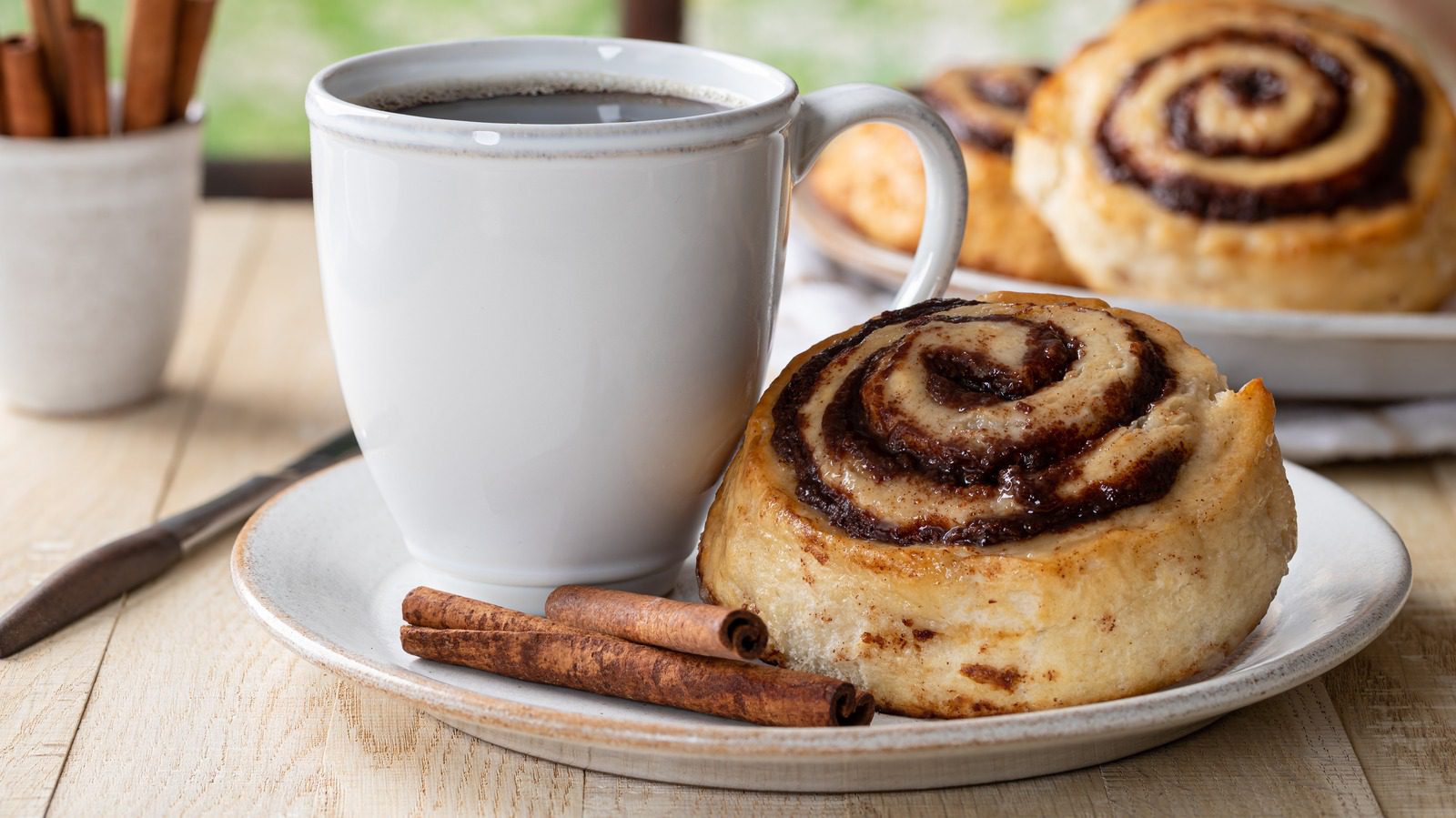
Traditional Swedish fika is a beloved coffee break that encourages relaxation and socializing, often featuring coffee paired with sweet pastries. It’s a moment to savor the flavors and friendships.
Pro Tip: Invite friends to enhance your fika experience; the joy lies in sharing the moment together!
- Sami cultural experiences in northern Sweden
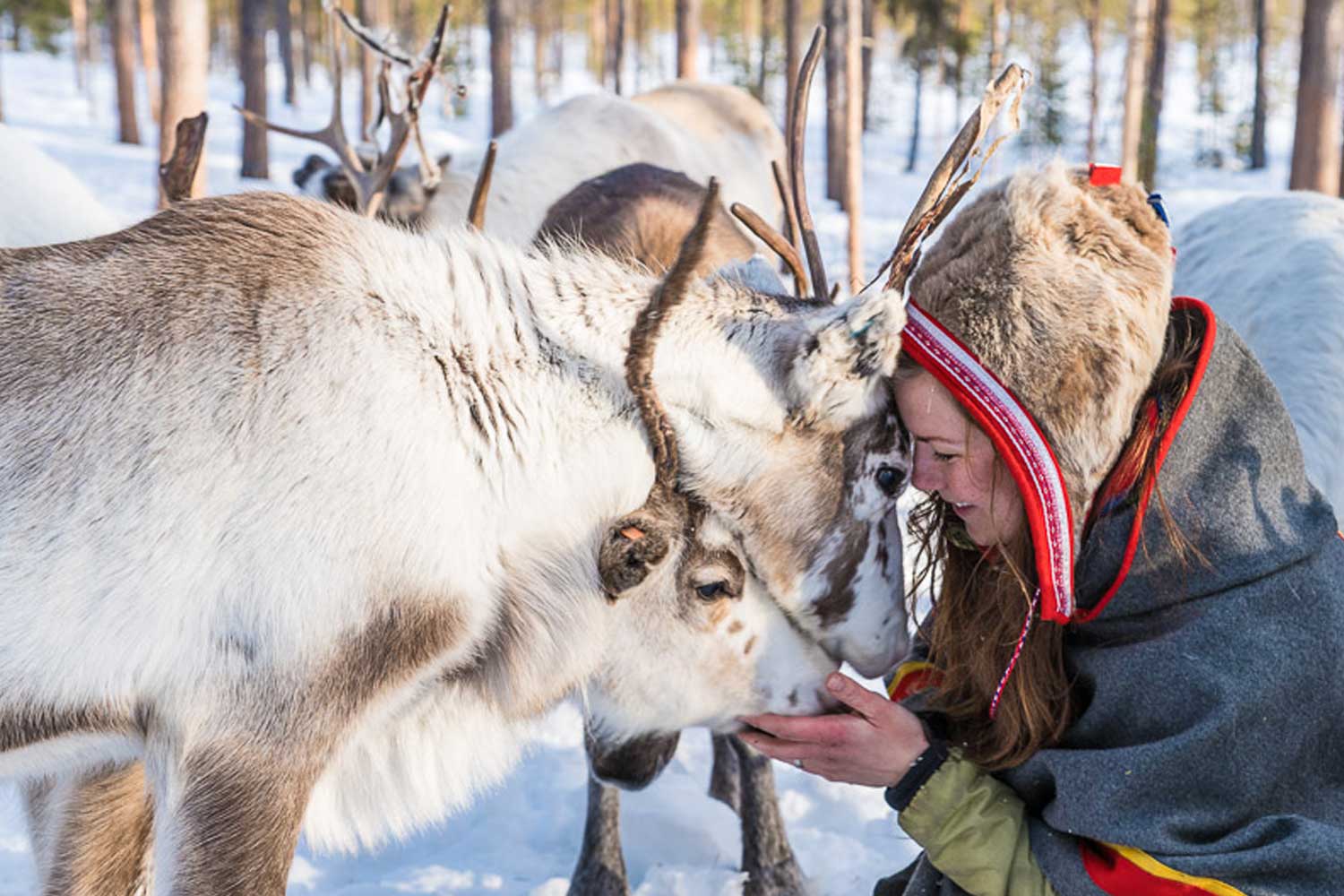
Sámi cultural experiences in northern Sweden provide a unique glimpse into the indigenous Sámi way of life, featuring reindeer sledding, traditional cuisine, and handicrafts. These activities highlight their deep connection to nature and rich heritage.
Pro Tip: For an authentic experience, join local festivals like Sámi National Day on February 6 to celebrate Sámi culture firsthand!
- Stockholm’s museums (many offer free entry in winter)
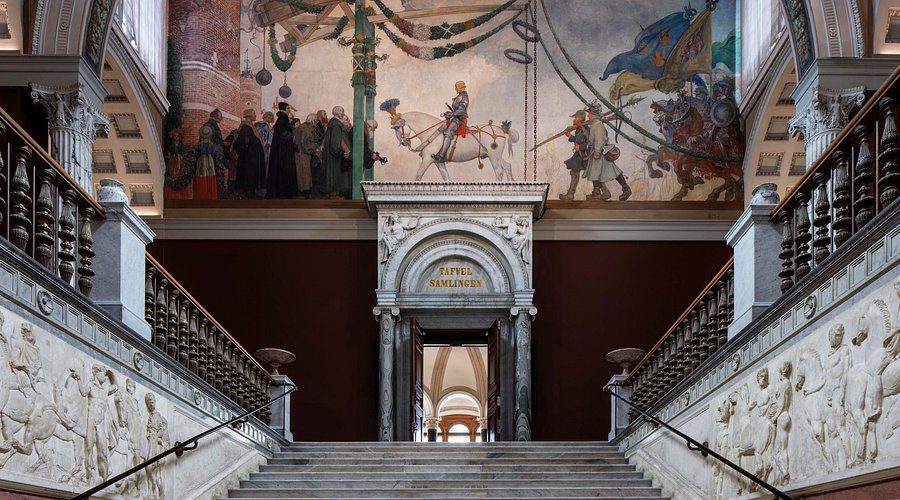
Stockholm boasts approximately 50 diverse museums, each showcasing unique aspects of art, history, and culture. Highlights include the Vasa Museum, home to a 17th-century warship, the Nobel Prize Museum, celebrating groundbreaking achievements, and Fotografiska, the world’s largest photography museum.
Pro Tip: Take advantage of free entry days at various museums to explore more without breaking the bank!
- Traditional Swedish sauna experiences

Traditional Swedish sauna experiences are a cornerstone of Swedish culture, featuring heated wooden rooms where relaxation and socializing thrive. Users alternate between hot sessions and refreshing cold dips, often in lakes or ice holes.
Pro Tip: Shower before entering the sauna for hygiene, and embrace the social aspect by trying a mixed-gender sauna, where nudity is customary!
- Winter photography tours in Sweden
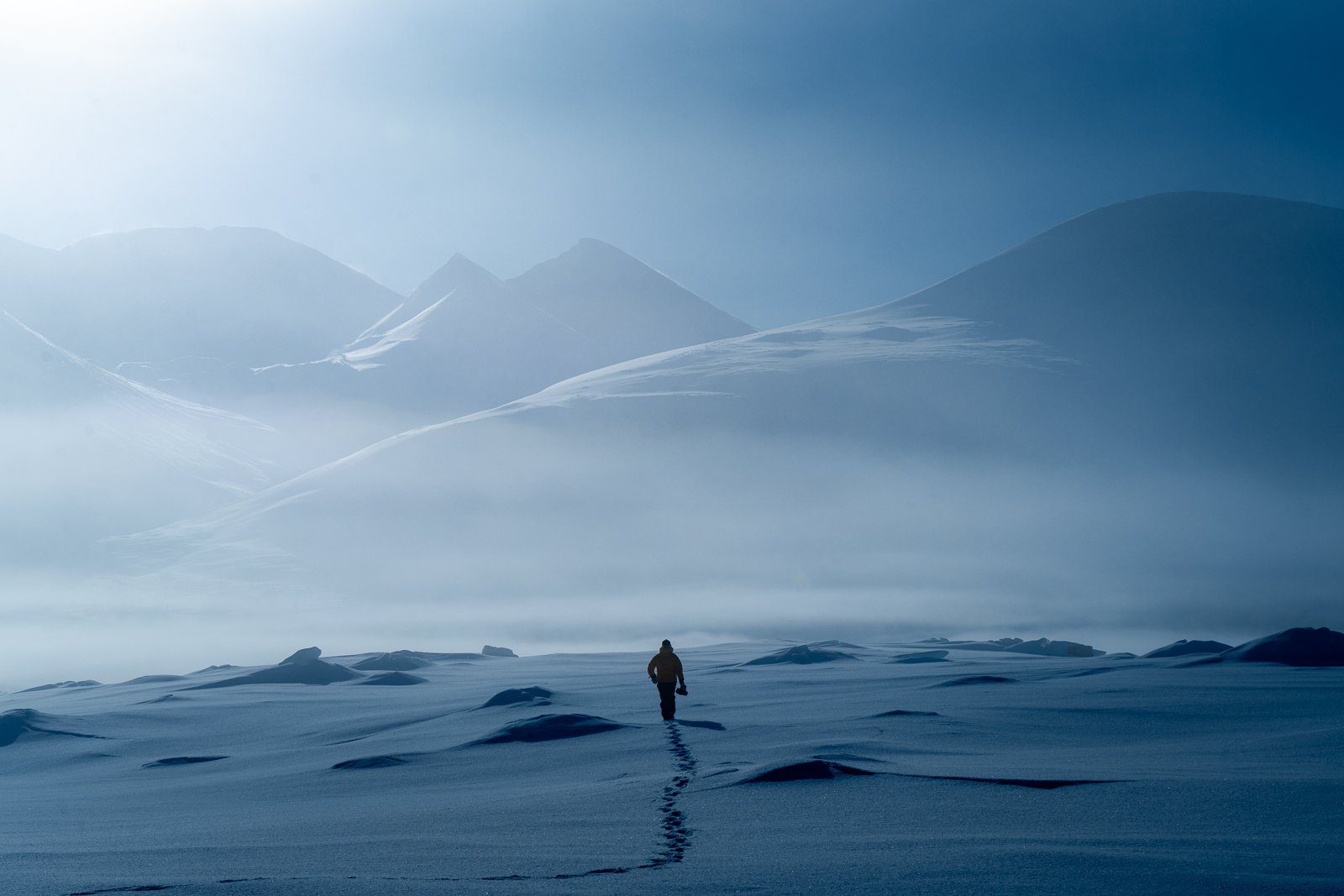
Winter photography tours in Sweden provide stunning opportunities to capture Arctic landscapes and phenomena like the Northern Lights. Tours often include unique experiences such as dog sledding and visits to the famous ICEHOTEL.
Pro Tip: Opt for small group tours for personalized guidance from expert photographers, enhancing your winter photography adventure!
- Traditional Swedish handicraft workshops
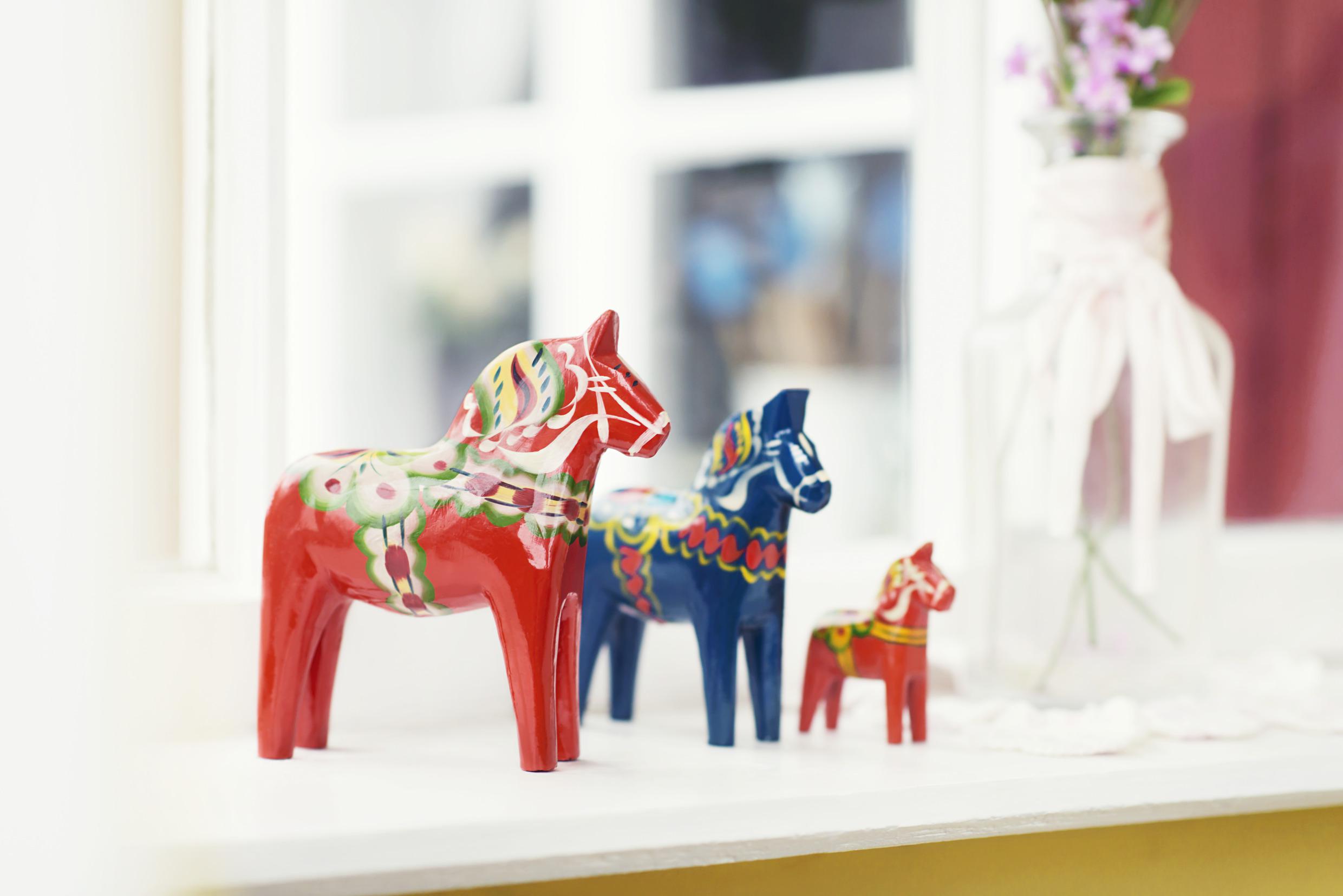
Traditional Swedish handicraft workshops immerse participants in Sweden’s artisanal heritage, teaching skills like woodcarving and weaving. These hands-on sessions connect you with local artisans and the cultural significance of each craft.
Pro Tip: Choose small group workshops for personalized instruction and a more enriching crafting experience!
Top 5 things to do in Sweden in February
-
Northern Lights in Lapland

Chasing the Northern Lights in Swedish Lapland provides an extraordinary opportunity to witness the mesmerizing Aurora Borealis, with optimal viewing conditions created by the region’s dark winter skies. From late September to early April, visitors can experience this breathtaking phenomenon as vibrant colors dance across the horizon, particularly during clear nights between 6:00 PM and 2:00 AM, with peak displays often occurring around 10:00-11:00 PM.
Pro tip – For the best chance to see the Northern Lights in Lapland, book multiple tours away from city lights and check the aurora forecast for clear skies.
-
Jokkmokk Winter Market
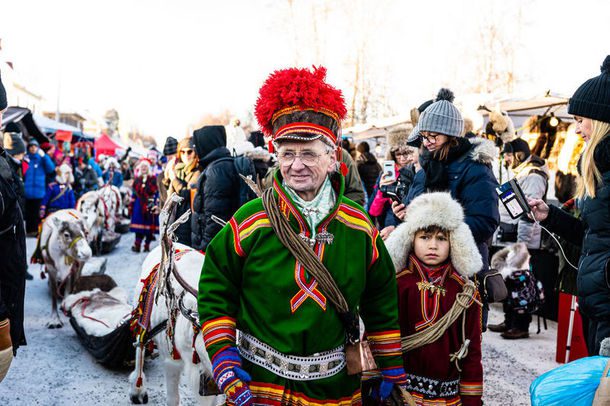
The Jokkmokk Winter Market is a historic event in Swedish Lapland, celebrating over 400 years of Sami tradition with a vibrant showcase of traditional crafts, thrilling reindeer races, and authentic indigenous cuisine. Held annually in early February, this market transforms Jokkmokk into a bustling hub of cultural exchange, attracting visitors eager to experience the rich heritage and community spirit of the Sami people.
Pro Tip: Dress in layers and prepare for extreme cold to fully enjoy the vibrant festivities and cultural experiences at the Jokkmokk Winter Market.
-
Are
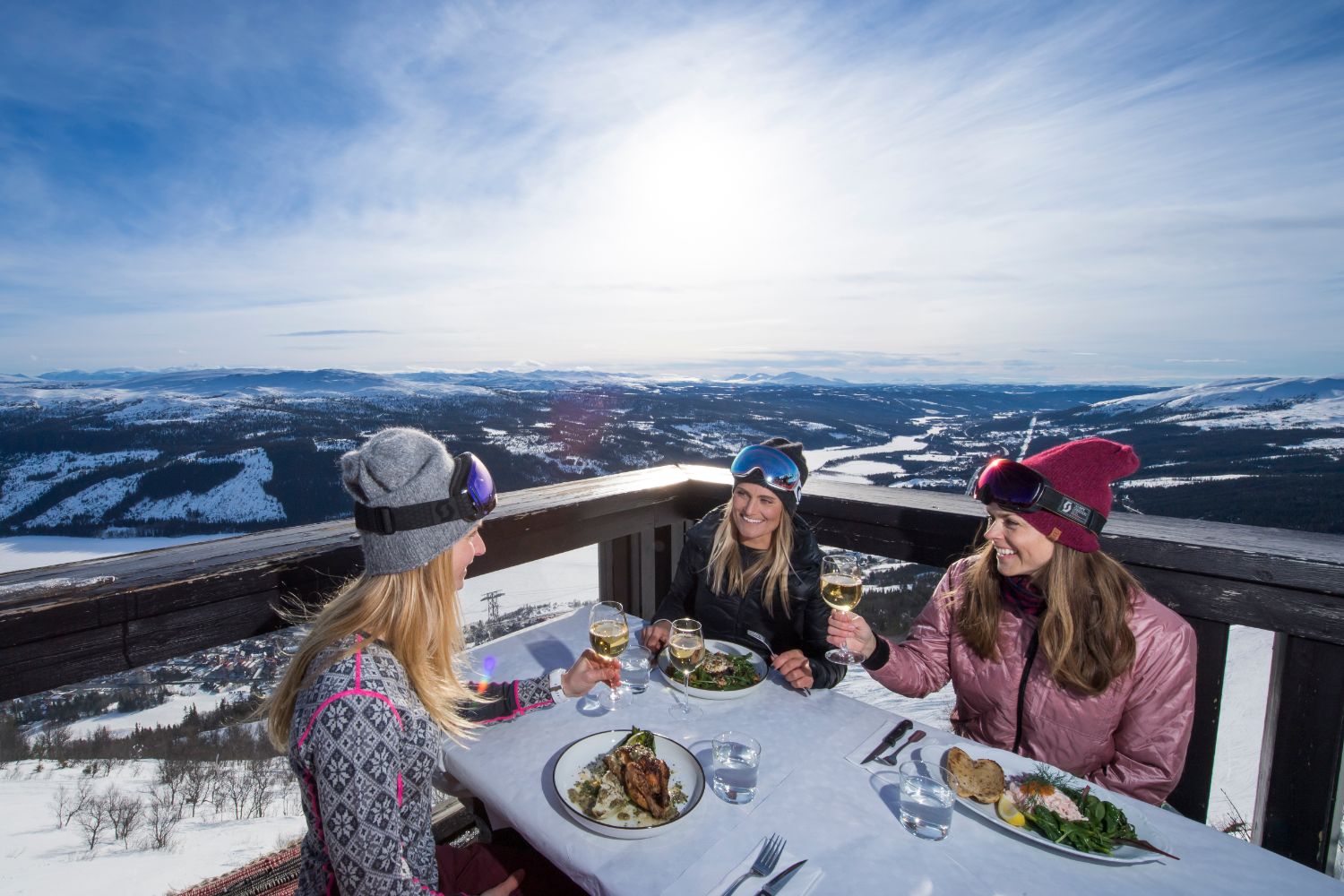
Åre is Sweden’s premier ski resort, renowned for its extensive terrain that caters to all skill levels, featuring over 111 kilometers of slopes across three interconnected sectors. Nestled in stunning mountain landscapes, Åre offers world-class skiing and snowboarding, along with a vibrant village atmosphere filled with dining and entertainment options, making it a top destination for winter sports enthusiasts.
Pro Tip: To make the most of your time at Are ski resort, visit during off-peak hours and consider skiing at lunch when the crowds thin out.
-
ICEHOTEL
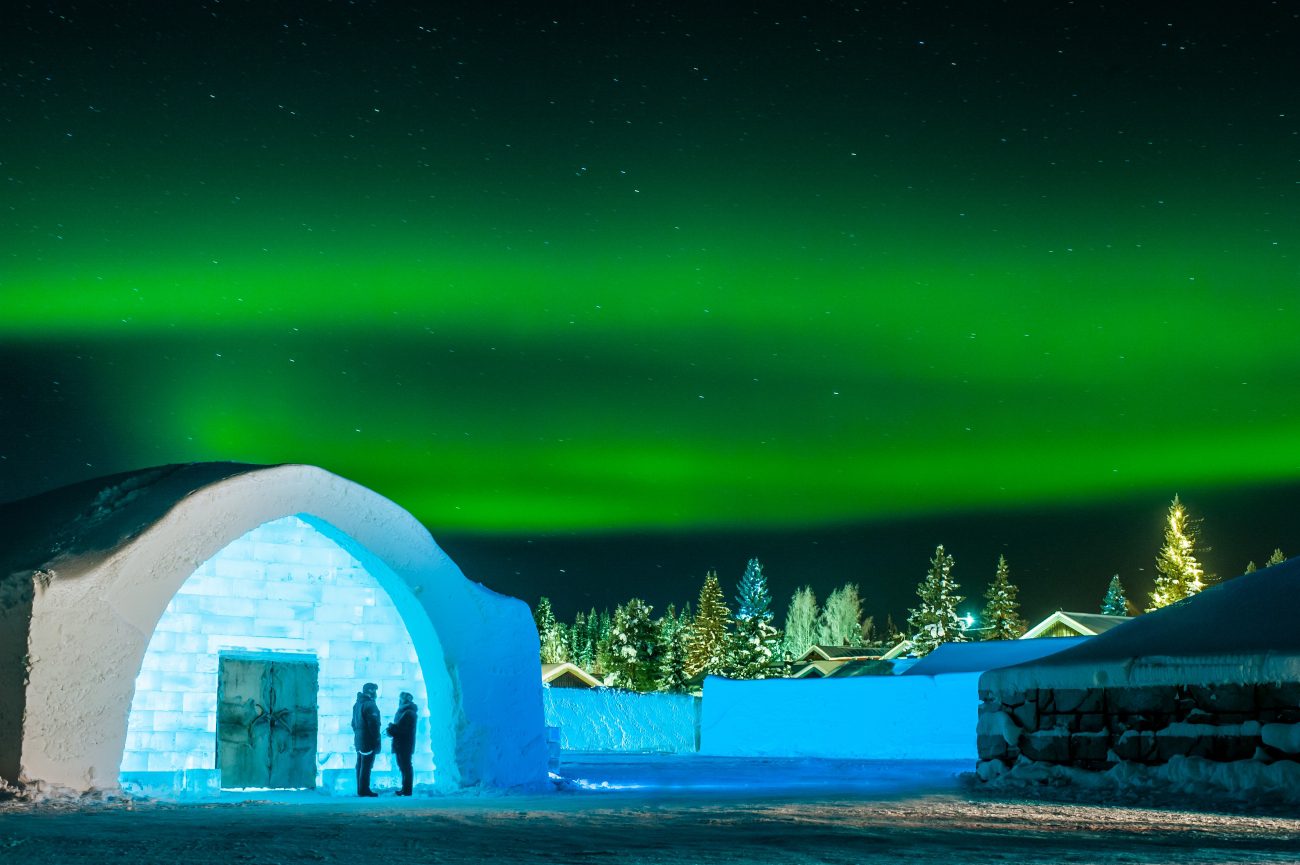
At the ICEHOTEL in Jukkasjärvi, guests can enjoy a unique dining experience at the ICEHOTEL Restaurant, where they can savor exquisite cuisine in a stunning setting of ice and snow. Alongside this, the famous ice bar allows visitors to sip cocktails served in glasses made entirely of ice, all while surrounded by intricately carved ice art, making for an unforgettable Arctic adventure.
Pro Tip: Dress in layers and use the provided thermal sleeping bags to stay warm while enjoying the unique experience of sleeping in ICEHOTEL.
-
Gothenburg Film Festival

Immerse yourself in culture at the Gothenburg Film Festival, Scandinavia’s largest film event, showcasing an impressive selection of international cinema in a cozy indoor setting. Running annually for eleven days at the end of January and beginning of February, the festival features numerous world premieres and attracts around 270,000 visitors, making it a vibrant hub for film enthusiasts and industry professionals alike.
Pro Tip: Arrive early to secure your tickets and enjoy Q&A sessions with filmmakers at the Gothenburg Film Festival!
Where to Eat in Sweden

Swedish cuisine is a delightful blend of simplicity, tradition, and seasonal ingredients, deeply rooted in the country’s history and geography.
Characterized by hearty dishes like meatballs served with lingonberry jam and rich gravies, it emphasizes locally sourced produce and preservation methods developed to withstand long winters. Here are some of the locations where you find the best dishes of Sweden –
Stockholm
- Oaxen Krog (Fine Dining with Nordic Cuisine) – A Michelin-starred restaurant offering an elevated take on Nordic flavors, set in a charming waterside location on Djurgården Island.

- Tradition (Classic Swedish Meatballs) – A cozy spot that serves authentic Swedish meatballs with lingonberry sauce and creamy mashed potatoes, a must-try Swedish dish.

- Vete-Katten (Historic Café for Fika) – A charming café established in 1928, perfect for enjoying Sweden’s fika culture with pastries, coffee, and a nostalgic ambiance.
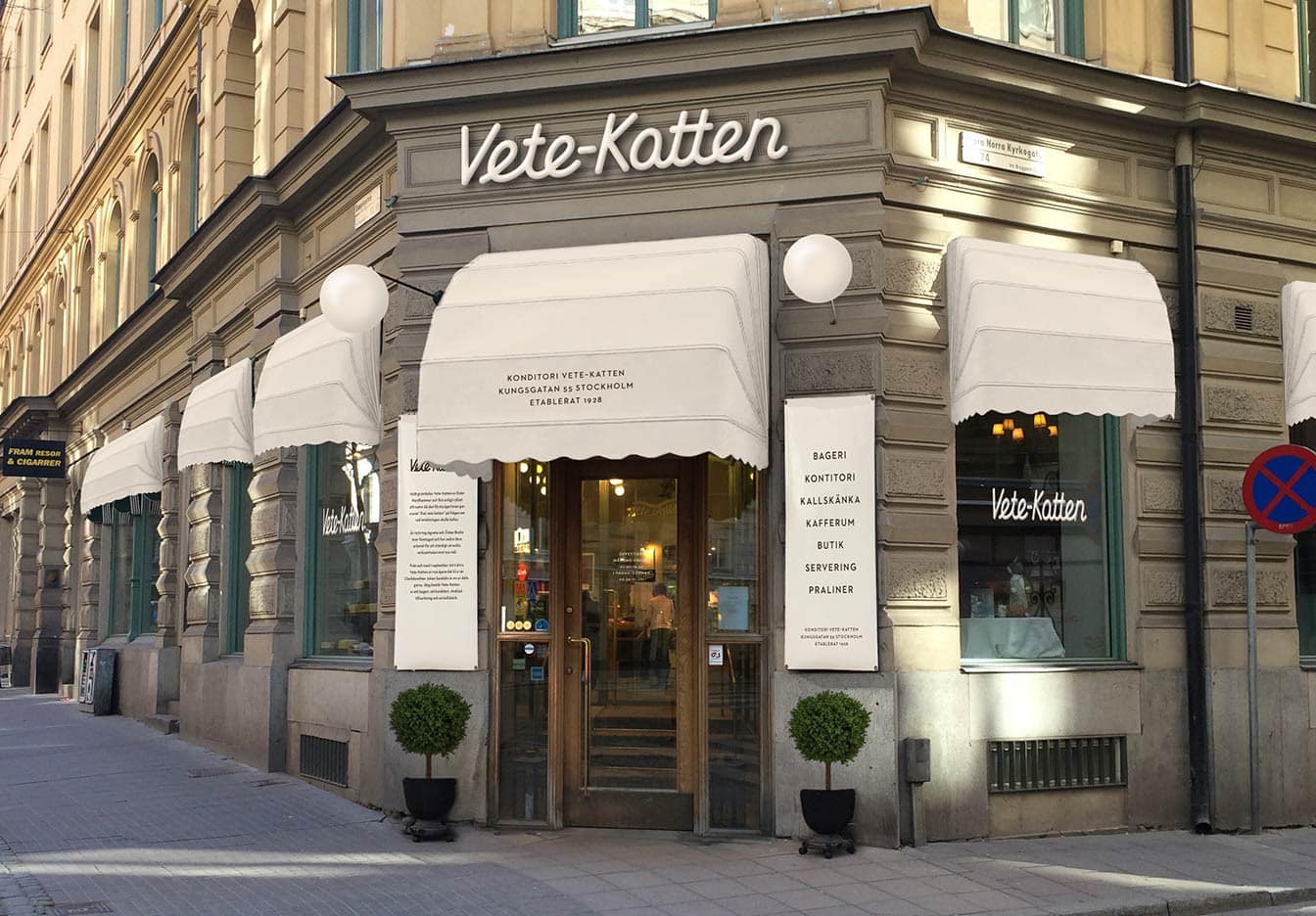
Gothenburg
- Sjömagasinet (Seafood) – Renowned for its fresh, expertly prepared seafood, this harborside restaurant offers fine dining with a coastal charm.
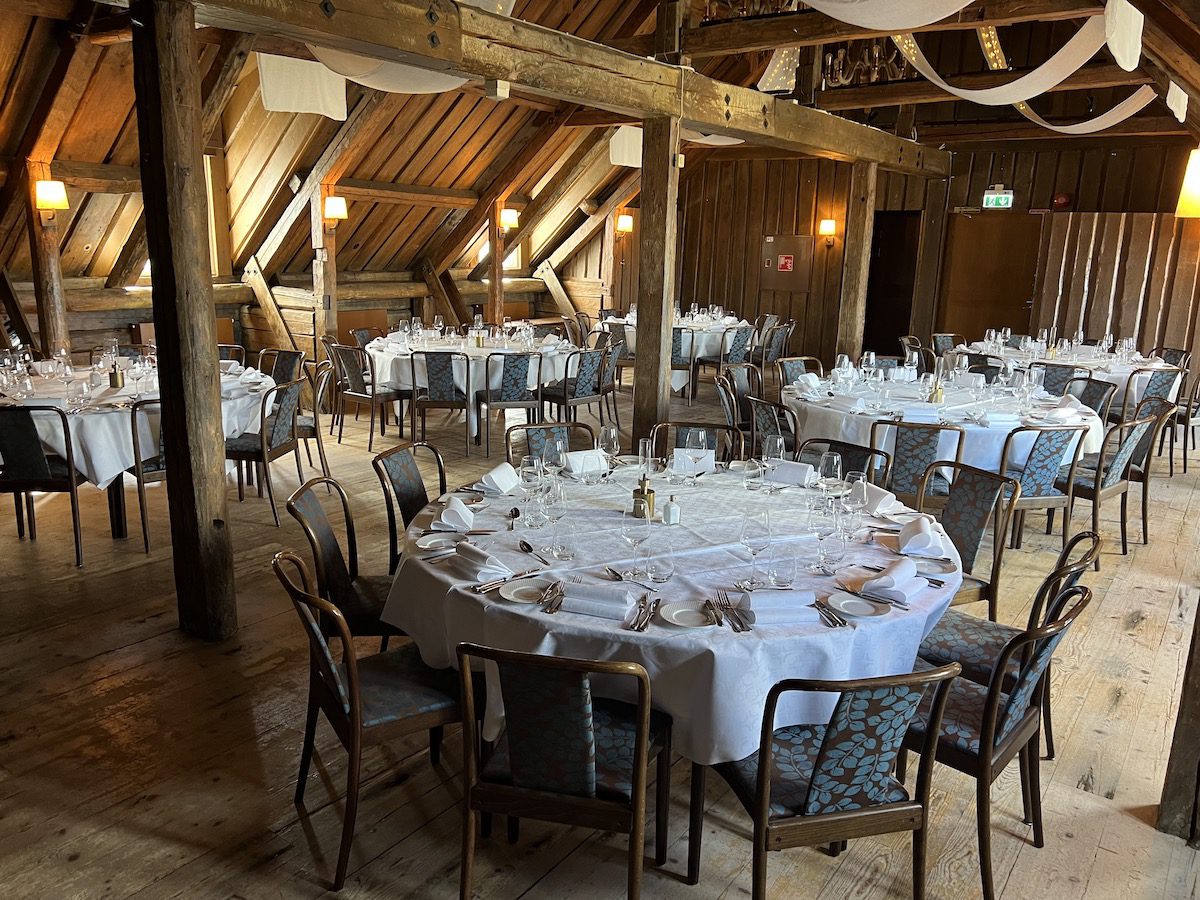
- Fiskekrogen (Local Fish Dishes) – A culinary gem specializing in traditional and modern Swedish seafood dishes, with an inviting atmosphere.
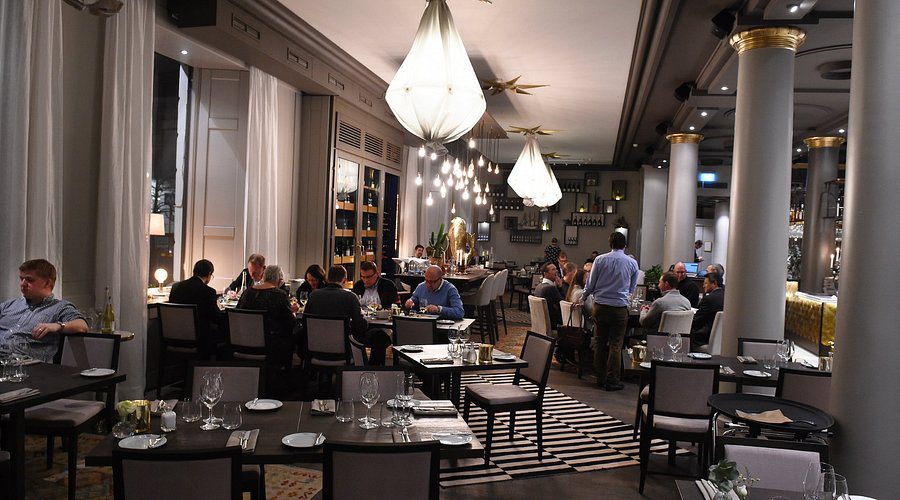
Alt text: Fiskekrogen, Sweden
- Café Husaren (Famous for Giant Cinnamon Buns) – A must-visit for the iconic “Hagabullen,” a massive cinnamon bun, and a cozy setting in the heart of Gothenburg.
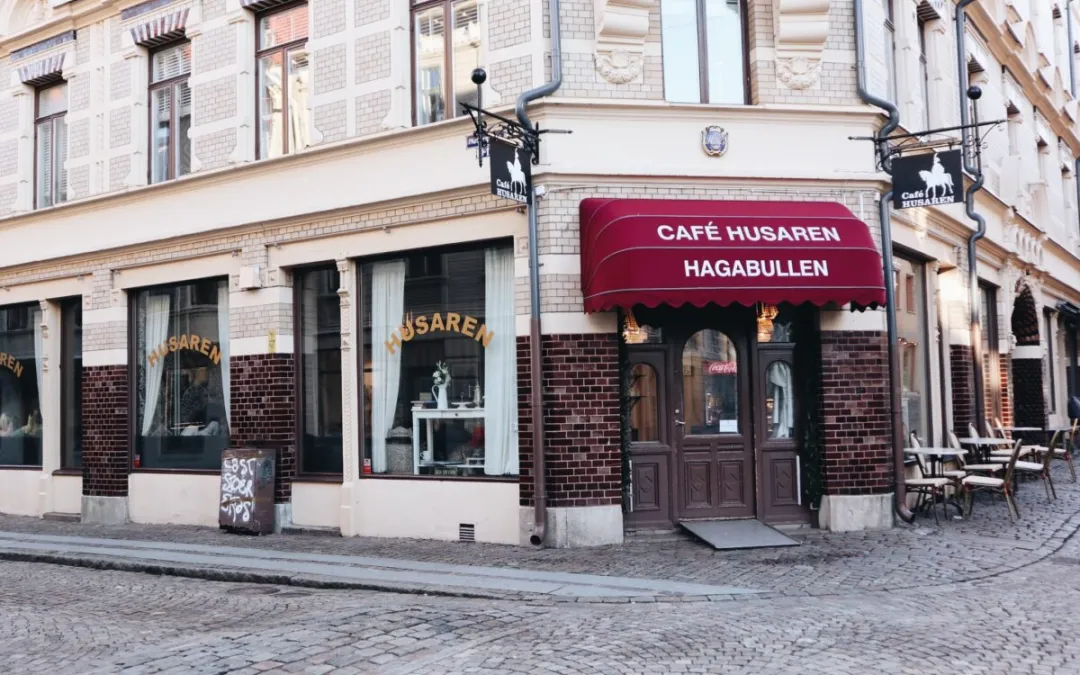
Northern Sweden
- ICEHOTEL Restaurant (Unique Dining Experience) – Located in the world-famous ICEHOTEL, this restaurant serves innovative Arctic cuisine in a stunning icy setting.
- Traditionen (Traditional Sami Cuisine) – Discover the flavors of the indigenous Sami culture, featuring reindeer, cloudberries, and other regional delicacies.
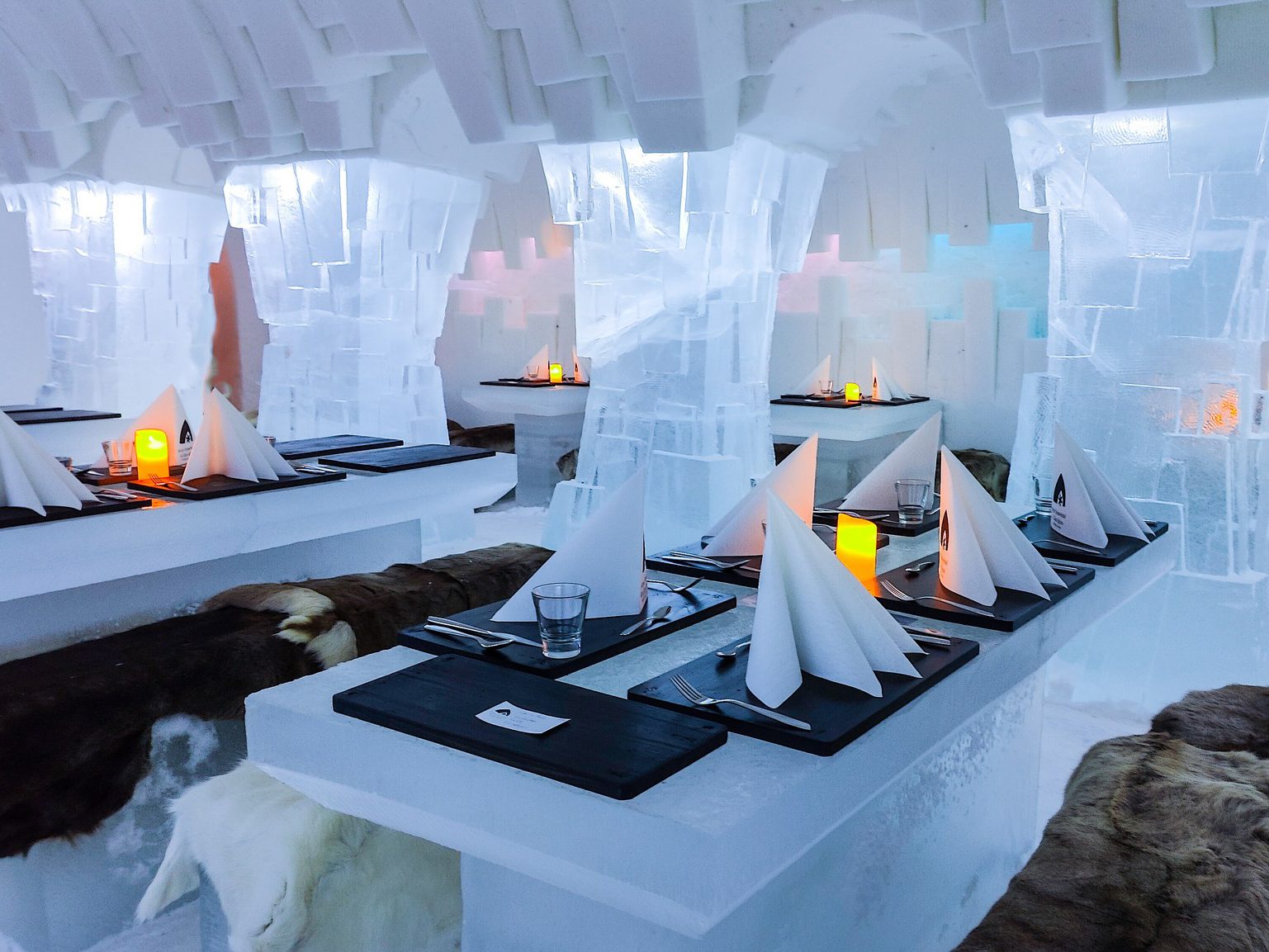
Suggested read –
Average Travel Cost from India to Sweden in February
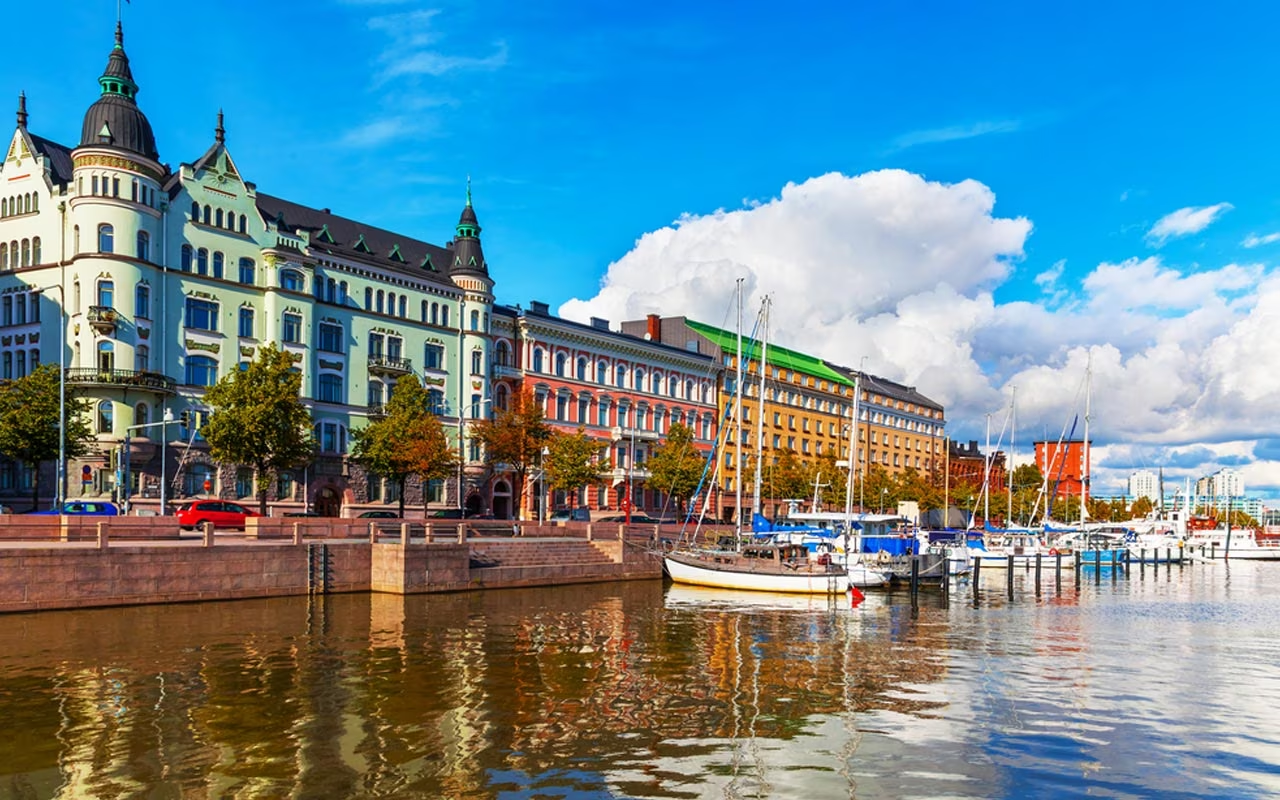
When planning your Swedish adventure from India, consider the following key points
One-way flights to Stockholm typically take about 11 hours and 45 minutes from New Delhi, with the cheapest months to fly being November and December.
Additionally, tour packages are available for various durations, offering a range of experiences to explore Sweden’s beauty and culture.
Flights
- Mumbai/Delhi to Stockholm: ₹45,000 – ₹65,000 (round trip)
- Best airlines: Lufthansa, Emirates, Turkish Airlines
- Pro Tip: Book 3-4 months in advance for best rates
Accommodation (per night)
- Budget hostels: ₹2,500 – ₹4,000
- Mid-range hotels: ₹8,000 – ₹12,000
- Luxury hotels: ₹20,000 and above
- Traditional Swedish cottages: ₹15,000 – ₹25,000
Why Choose OneVasco?
OneVasco makes visa applications effortless. Our expert team manages the entire process, allowing you to focus on your journey.
Enjoy stress-free travel with fast visa approvals.
- Expert and Personalized Support
- Efficient and Hassle-Free Process
- Travel Insurance
- Real-Time Tracking and Updates
- Transparent Communication
- Trusted by Millions
For details on how to book a Visa appointment for Sweden, click here. You can read more about photo specifications and requirements for Finland here.
You can check your visa status easily on Swedish online portals, but in case you’re still unsure, you can read this article here about the visa status process.
FAQs
Can I see the Northern Lights in Sweden in February?
Yes! February is one of the best months to see the Northern Lights in Sweden, especially in Lapland above the Arctic Circle. The optimal viewing conditions occur between 10 PM and 2 AM on clear nights.
How many hours of daylight can I expect?
In February, Stockholm gets about 8-9 hours of daylight, while northern cities like Kiruna have around 6-7 hours. However, daylight hours increase noticeably throughout the month.
Do I need special insurance for winter activities?
Yes, regular travel insurance may not cover winter sports like skiing or dog sledding. Make sure to get additional winter sports coverage that specifically includes your planned activities.
Are credit cards widely accepted?
Sweden is largely a cashless society – most places, including small cafes and taxis, accept cards. However, bring some cash for emergencies and smaller vendors at winter markets.
Do I need to book winter activities in advance?
Absolutely. Popular winter activities like Ice Hotel visits, Northern Lights tours, and dog sledding should be booked 2-3 months in advance, as Sweden in February is a peak tourist spot.





